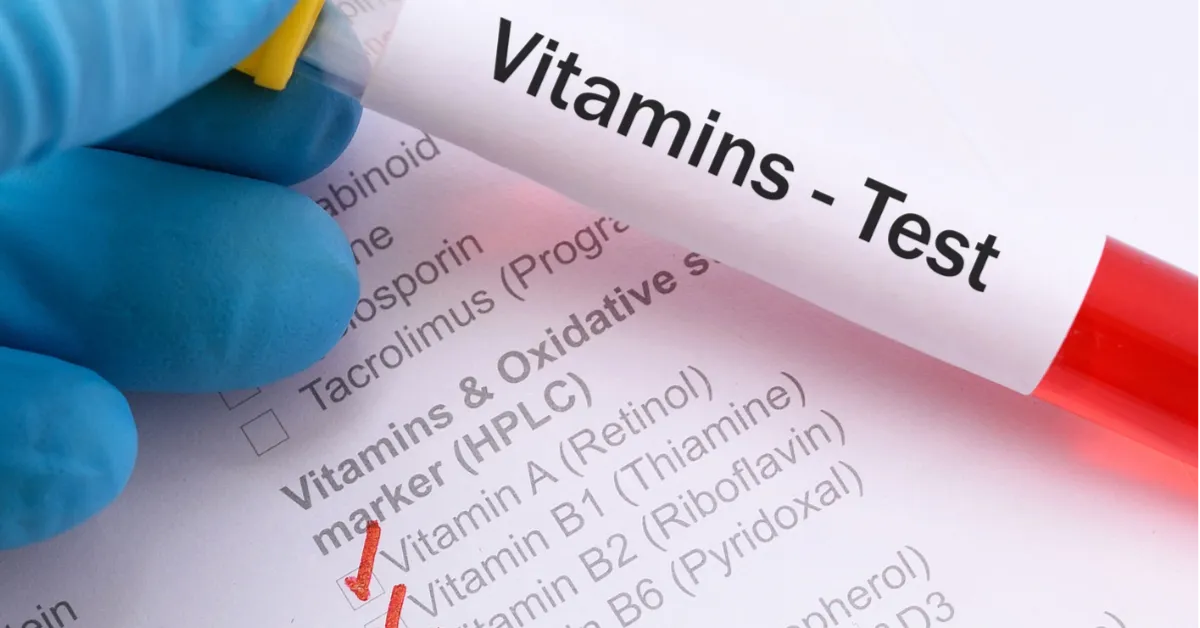EN 18645 Vitamin C Profiling in Plant-Based Foods
The European Standard EN 18645 outlines a method for profiling vitamin C content in plant-based foods. This standard is crucial for ensuring the accurate measurement and reporting of ascorbic acid (vitamin C) levels, which are vital nutrients essential for human health. Ascorbic acid plays a key role in supporting immune function, collagen production, iron absorption, and other metabolic processes.
The standard provides detailed guidelines on how to extract vitamin C from various plant-based foods such as fruits, vegetables, and herbs. This extraction process is followed by analysis using validated analytical techniques like high-performance liquid chromatography (HPLC) or spectrophotometry, ensuring precise quantification of the nutrient content.
The EN 18645 method enables comprehensive profiling of vitamin C in different plant-based foods, which helps in assessing their nutritional value. This information is invaluable for quality managers and compliance officers who need to ensure that food products meet regulatory requirements set by authorities such as the European Food Safety Authority (EFSA).
The standard also addresses the variability in vitamin C content due to factors like storage conditions, processing methods, and genetic differences within plant species. Understanding these variables is crucial for R&D engineers working on developing new formulations or improving existing products.
Plant-based foods are increasingly gaining popularity among consumers seeking healthier eating options. Accurate measurement of nutrients like vitamin C not only enhances consumer trust but also supports the development of fortified food products that can help meet daily nutritional recommendations more effectively.
The EN 18645 method is particularly beneficial for manufacturers of dietary supplements, functional foods, and beverages aiming to incorporate plant-based ingredients rich in vitamin C. By adhering to this standard, they ensure consistency and accuracy in their product offerings, thereby maintaining high standards of quality and safety.
Additionally, the standard plays a significant role in supporting procurement activities by providing reliable data on nutrient content which can be used during supplier evaluations and contract negotiations.
- Comprehensive proficiency testing to ensure accuracy and reliability of results;
- Use of state-of-the-art equipment for precise measurement;
- Skilled and experienced analysts who stay updated with the latest methodologies;
- Dedicated customer support to assist throughout the testing process;
- Quick turnaround times without compromising on quality;
- Compliance with international standards including EN 18645;
- Confidentiality assurance for all client information and data.
Why Choose This Test
The EN 18645 vitamin C profiling test is essential for ensuring the accuracy and reliability of nutritional content claims made by food producers. Compliance with this standard helps manufacturers maintain consumer trust, which is critical in today’s competitive market.
This method ensures that plant-based foods meet specific nutrient requirements set forth by regulatory bodies like EFSA. This aligns products with dietary guidelines and promotes healthier eating habits among consumers.
For R&D teams, the ability to profile vitamin C accurately allows for better formulation decisions, helping to create more effective and appealing food products. It also aids in identifying potential sources of variability that could impact product quality.
Incorporating this test into your quality assurance protocols can provide valuable insights into the nutritional composition of plant-based ingredients used across various sectors including snacks, beverages, and dietary supplements.
Use Cases and Application Examples
| Application Example | Description |
|---|---|
| Determining the vitamin C content in kale chips before launch | Evaluating the effectiveness of different processing methods on nutrient retention. |
| Analyzing apple juice samples for quality control purposes | Ensuring consistent vitamin C levels across batches produced by different suppliers. |
| Investigating variations in vitamin C content among organic versus conventionally grown spinach | Understanding how farming practices influence the nutritional value of food products. |
| Testing blackcurrant concentrates for use in dietary supplements | Evaluating whether they meet specified nutrient levels required by regulatory agencies. |
- Detecting adulteration or contamination in herbal teas containing vitamin C-rich herbs;
- Monitoring the stability of vitamin C during storage and transportation conditions;
- Comparing different varieties of berries for their vitamin C content before introducing them into new markets.





